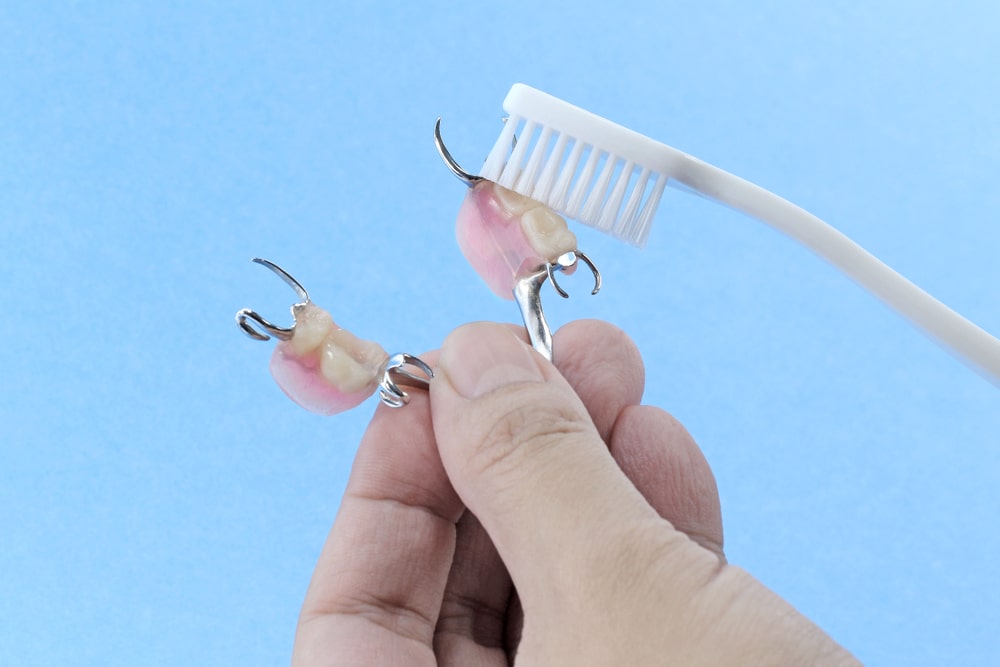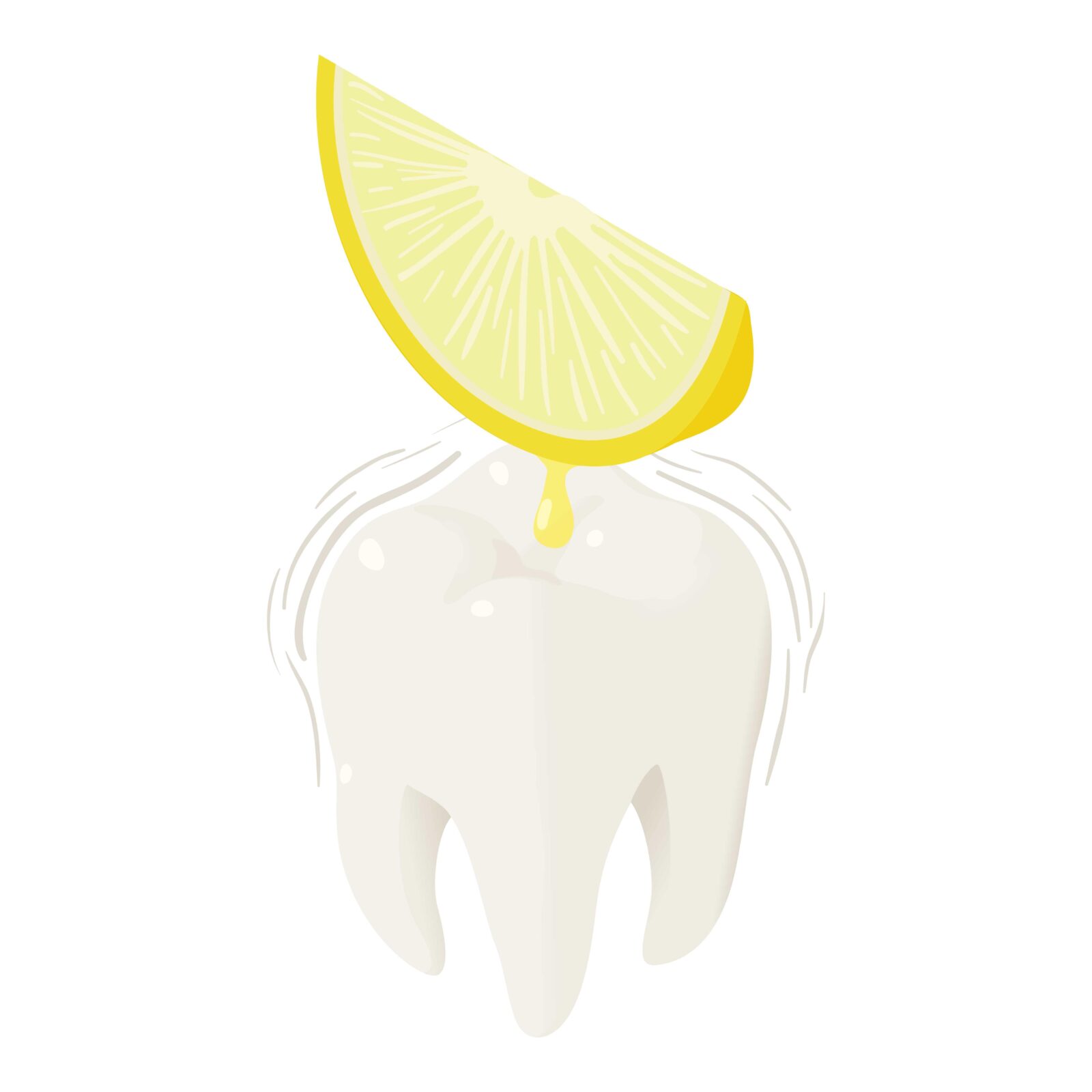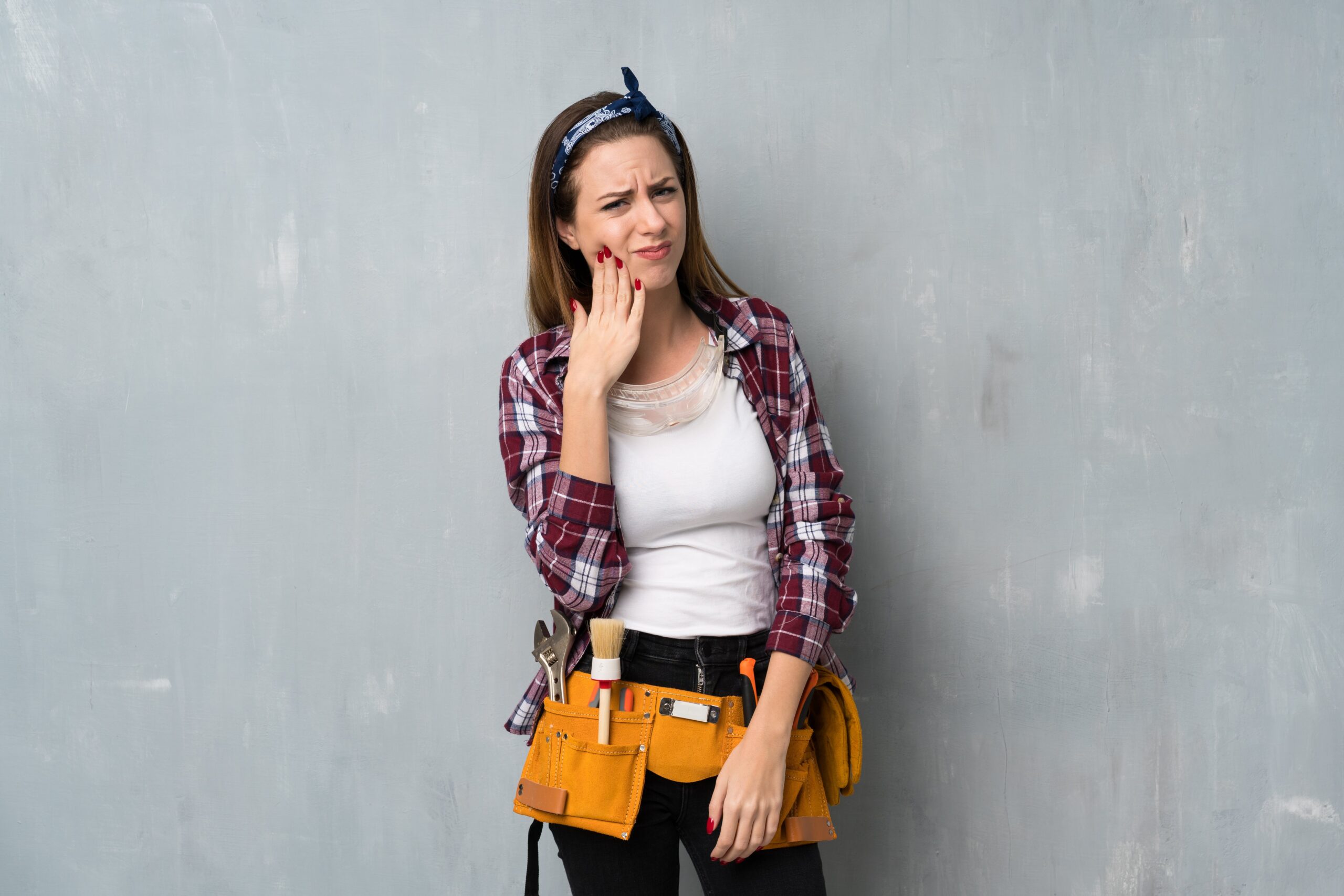The surge in DIY dentistry has been a notable trend in recent years, propelled by the increased access to information online and a growing interest in self-care practices. While taking charge of your dental health is commendable, it’s crucial to understand the boundaries of safe and effective DIY dentistry. This blog aims to shed light on this phenomenon, outlining the do’s and don’ts to help you navigate these waters safely.
Understanding DIY Dentistry
DIY dentistry refers to the practice of individuals managing certain aspects of their dental care at home, without the direct intervention of dental professionals. This trend has gained attention due to the availability of dental information online, the desire for cost-saving measures, and in some cases, dental anxiety or difficulty in accessing professional dental care.
DIY dental practices can range from basic oral hygiene routines, like brushing and flossing, to more involved procedures such as using over-the-counter teeth whitening kits, temporary filling materials, or even attempting to treat dental problems like cavities or toothaches with home remedies.
While maintaining good oral hygiene at home is a crucial aspect of dental care, the DIY approach has its limitations. Professional dental care is essential for diagnosing and treating complex dental issues, and attempting more advanced procedures without the necessary expertise can lead to serious risks and complications. Therefore, while some elements of DIY dentistry can be beneficial when practiced correctly, it’s important to know when to seek professional advice and treatment.
The Do’s of DIY Dentistry
The “Do’s” of DIY dentistry focus primarily on preventive measures and basic care that can be safely managed at home. These practices are essential for maintaining oral health and can complement professional dental care:
Maintain Good Oral Hygiene:
The cornerstone of DIY dentistry is routine oral hygiene. This includes brushing teeth twice a day with fluoride toothpaste, flossing daily to remove plaque and food particles between teeth, and using an antibacterial mouthwash to help kill bacteria and freshen breath.
Eat a Balanced, Teeth-friendly Diet:
Your diet plays a significant role in oral health. Consuming foods rich in calcium, phosphorus, and vitamins can strengthen teeth. It’s also important to limit sugary and acidic foods and beverages, as they can contribute to tooth decay.

Regularly Clean Dental Appliances:
If you wear dentures, a retainer, or other dental appliances, keeping them clean is crucial. This involves regular cleaning and handling them with care to maintain their condition and prevent oral health issues.
Use At-Home Whitening Products Carefully:
If you opt for at-home teeth whitening, choose products that are approved by dental health authorities and follow the instructions carefully to avoid damaging your teeth and gums.
Apply Temporary Solutions in Emergencies:
For issues like a lost filling or a minor toothache, over-the-counter temporary solutions can be used until you can get to a dentist. However, these are not long-term fixes and professional dental care should be sought as soon as possible.
Learn Basic Dental First Aid:
Knowing how to handle common dental emergencies, like a broken tooth or a bitten tongue, can be crucial in preventing further damage and managing pain until professional help is available.
These practices are beneficial for maintaining dental health, but it’s important to remember that they do not replace the need for regular dental check-ups and professional care, especially for diagnosing and treating more complex dental issues.
The Don’ts of DIY Dentistry
The “Don’ts” of DIY dentistry are crucial to understand, as they highlight practices that should be avoided to prevent harm to your oral health. These include:
Don’t Perform Complex Procedures at Home:
Never attempt professional dental procedures on your own, such as extracting teeth, filling cavities, or attempting orthodontic adjustments. These procedures require the expertise and equipment of a trained dental professional to avoid serious complications like infection, nerve damage, or permanent tooth damage.
Don’t Use Unverified Home Remedies:

While the internet is full of home remedies for dental issues, many of these are not scientifically proven and can be harmful. For example, using substances like vinegar or lemon juice for teeth whitening can erode enamel, and applying aspirin directly to a toothache can cause gum burns.
Don’t Ignore Dental Pain or Discomfort:
If you’re experiencing persistent tooth or gum pain, don’t delay seeking professional help. Pain and discomfort are often signs of underlying issues that require a dentist’s attention.
Don’t Forego Professional Cleanings and Check-Ups:
Even if you maintain a strict at-home oral hygiene routine, professional cleanings and check-ups are essential. Dentists can remove plaque and tartar that can’t be brushed away and identify problems that might not be visible or causing pain yet.
Don’t Rely Solely on DIY Treatments for Serious Issues:
While it’s fine to use over-the-counter products for temporary relief, they should not be a substitute for professional dental treatment. Conditions like cavities, gum disease, and other oral health issues require a dentist’s intervention.
Don’t Overuse Whitening Products:
Excessive use of over-the-counter teeth whitening products can lead to tooth sensitivity and damage to your enamel. Always follow the product guidelines and consult with a dentist for the safest approach to teeth whitening.
Don’t Neglect the Instructions on Dental Products:
Whether it’s a toothbrush, mouthwash, or any other dental product, always use them as instructed. Incorrect usage can lead to inadequate care or damage to your oral health.
Understanding these “don’ts” is crucial in DIY dentistry. While taking care of your oral health at home is important, there’s a fine line between what you can safely do and what requires a professional’s touch. Respecting these boundaries can prevent potential harm and ensure the longevity of your dental health.
When to Consult a Dentist
While embracing aspects of DIY dentistry, it’s crucial to know when to seek professional help. Regular check-ups are non-negotiable, but you should also visit your dentist if you experience persistent pain, sensitivity, gum bleeding, or any other unusual symptoms. In cases of dental emergencies, like a broken tooth, immediate professional care is necessary.
Conclusion
DIY dentistry, when practiced correctly, can be a valuable part of your dental care routine. It’s about striking a balance between what you can do at home and understanding when professional intervention is needed. By following these guidelines, you can take an active role in your dental health while ensuring that your practices are safe and beneficial.



